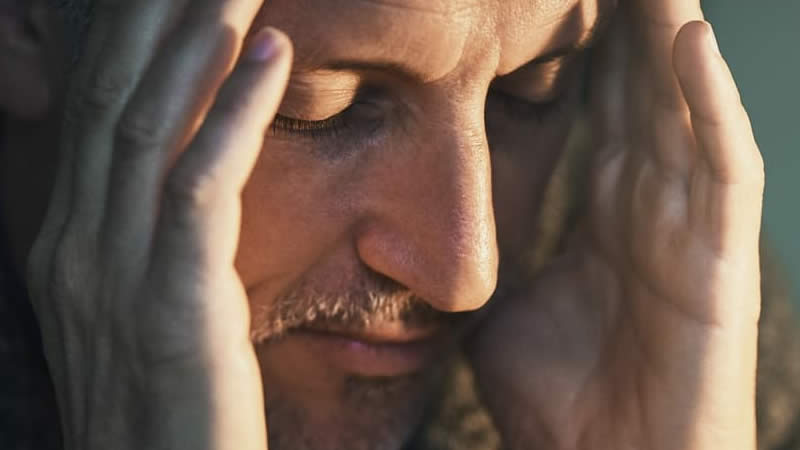Most people think of strokes as something that happens fast and dramatically, like someone suddenly collapsing or losing the ability to speak. But according to Dr. Rupa Parmar, a GP and medical director at Midland Health in the UK, a stroke doesn’t always come with flashing lights and loud alarms. It can start quietly, with subtle symptoms that are easy to brush off as nothing serious.
Two of the most overlooked early signs are fatigue and headaches. Yep, something as common as feeling extra tired or dealing with a bad headache could be your body warning you of a potential stroke. Dr. Parmar says people often dismiss these symptoms or chalk them up to stress, dehydration, or lack of sleep, but ignoring them could be a big mistake.
More: Diabetes Diet Tips: Experts Urge Balanced Eating for Better Blood Sugar Control
Fatigue, for instance, is a common symptom after a stroke, but it can also show up just before one happens, especially if it comes on suddenly and alongside other unusual changes in your body. It’s not just normal tiredness either—it can feel like a crushing exhaustion that doesn’t quite make sense.
Then there’s the headache. Dr. Parmar explains that some headaches, specifically the ones known as “thunderclap headaches,” hit suddenly and feel extremely intense. What makes these different from a migraine is that they’re often paired with other red flags like blurred vision, numbness, or even partial vision loss. If your headache comes with these additional symptoms, don’t just ride it out—get medical help right away.
Vision problems are another warning sign you don’t want to miss. This includes blurred vision, sensitivity to light, or even sudden blindness in one or both eyes. Strokes can affect the part of the brain that processes visual information, so changes in your sight can be a big clue that something serious is going on.
More: How Much Fruit and Vegetables Should You Eat to Lower Diabetes Risk?
Loss of balance or coordination, difficulty walking, and a general sense of weakness or numbness can also signal a stroke. If you’re suddenly feeling dizzy or nauseous out of nowhere, it might not just be something you ate—Dr. Parmar says unexplained nausea and vomiting, especially if it happens suddenly, can be tied to stroke.
And here’s something especially important for women to know. According to Dr. Parmar, women sometimes experience different or “extra” symptoms that don’t fit the traditional stroke warning checklist. These can include hiccups, chest pain, shortness of breath, a racing heartbeat, or unexplained fatigue. Because these aren’t the typical symptoms, it can take longer for women to get diagnosed and treated, which is dangerous.
The classic stroke signs are still critical to recognize: a drooping face, arm weakness, and slurred or confused speech. But Dr. Parmar’s message is clear—don’t ignore the less obvious stuff either. It might seem small, but it could save your life.
You Might Also Like:
- Palace Rule Change Just ‘Shut the Door’ on Prince Andrew’s Future
- 4-Year-Old Girl Found Dead in Airbnb Pool with ‘No Water in Lungs’ while Mother was Present
- Secret Plan Could Let William Cut Harry And Meghan Markle’s ‘American Children’s Titles’ without Taking the Blame
- Georgia Man Forced Girlfriend to Walk Into Woods Before Fatally Shooting Her as She Held Their Baby
- Melania Trump Admits Being ‘Deeply Worried’ for Barron During COVID Battle

